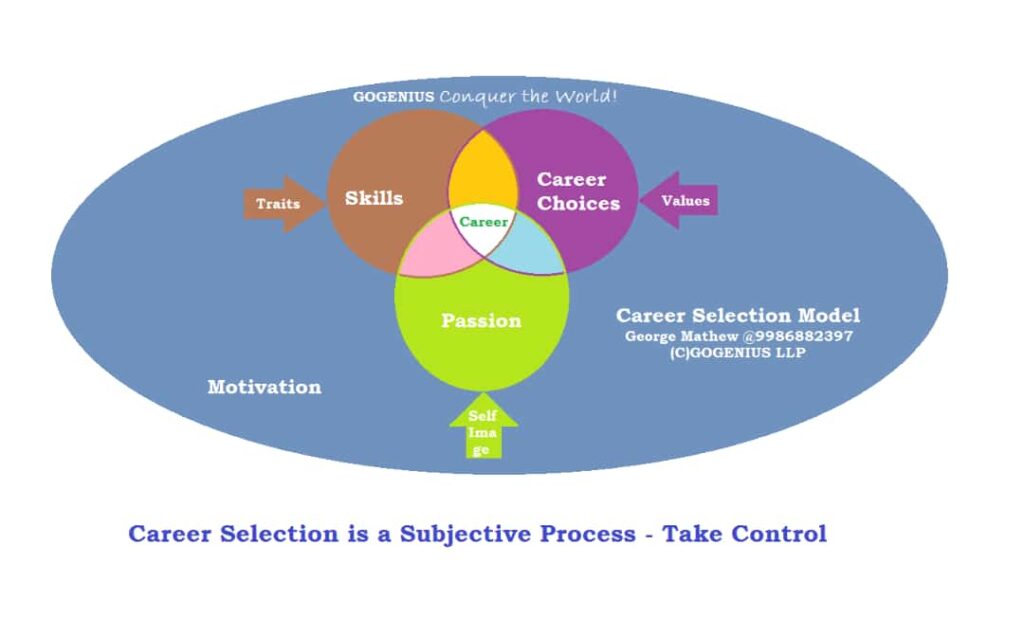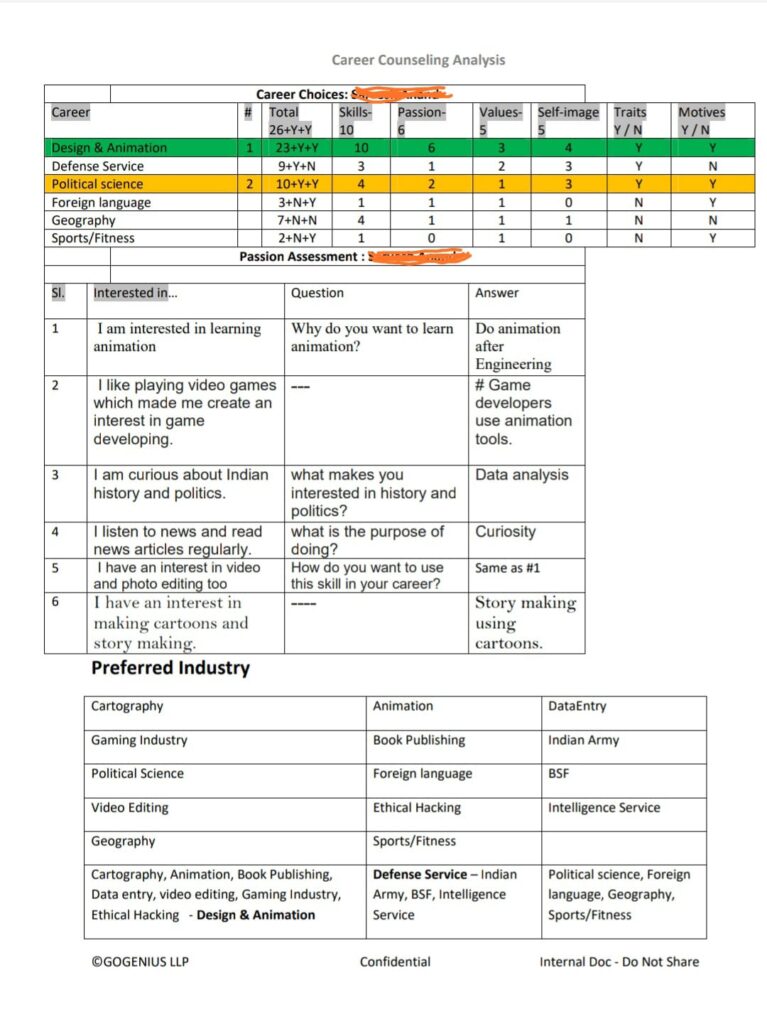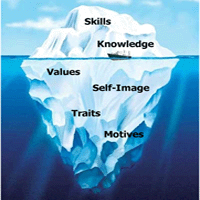
Choose your career considering your interests, skills, the potential for financial gain, compatibility with your personality, and the prospects for transforming it into a sustainable long-term career or business with enduring significance.
Skill refers to a learned ability to perform a job effectively, such as delivering an impactful presentation. It encompasses the capacity to carry out specific physical or mental tasks with competence. Skills, particularly technical ones, can be developed through training to proficiently accomplish tasks.
Knowledge refers to the information acquired in a specific field, such as through data-based presentations. It encompasses the information a person possesses in particular content areas, which can be derived from work experience or educational background.
Motives are the psychological or physiological factors that propel our behavior, such as those depicted in Maslow’s Hierarchy of Needs or inherent psychological necessities. They encompass the persistent thoughts or aspirations that an individual harbors, which in turn catalyze actions. Essentially, motives are the underlying reasons for specific behaviors or actions, as well as the impetus for distancing oneself from certain situations.
Traits refer to relatively enduring characteristics that explain why and how we behave in certain ways, such as self-controlled, “big picture” thinking. They encompass physical characteristics and consistent reactions to situations or information. Habitual and enduring traits include qualities like flexibility, self-control, effective listening, trust-building, engaging and inspiring others, and mindset.
Values are the principles that one holds as important, such as ambition, teamwork, individual excellence, honesty, vision, professionalism, courage, among others.
Self-image is the personal view we have of ourselves, such as seeing oneself as a confident public speaker. It encompasses how individuals perceive their own identity and value, whether as an expert, a learner, a leader, a manager, an agent, or an innovator.
Passion can be described as a strong inclination or desire to engage in activities that one enjoys or considers significant. It manifests when your curiosity about a subject, object, or person persists even beyond grasping the fundamentals, indicating a deep passion.


Low skilled jobs are going down by 30%*
Medium skilled jobs are going up by 8%*
High skilled jobs are going up by 56%*
*Approximate numbers. Please consider these % numbers as the general trend in the job market.
Good Academic Records
Creative Problem-Solving Skills
Analytical Skills
Critical Thinking Abilities
Inter-personal skills
Communication skills
